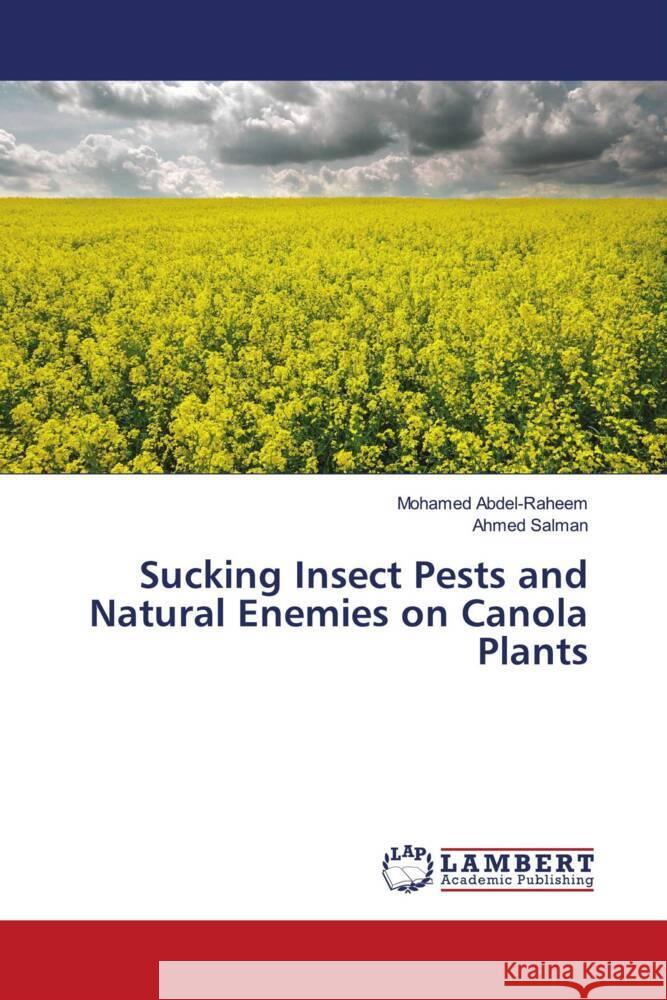Sucking Insect Pests and Natural Enemies on Canola Plants » książka
Sucking Insect Pests and Natural Enemies on Canola Plants
ISBN-13: 9786204199689 / Angielski / Miękka / 180 str.
In Egypt, canola has a bright future to contribute in reducing oil deficiency gap between production and consumption of edible oil, particularly it could be successfully grown during winter season in newly reclaimed and outside the old one of Nile valley to get around the competition with other crops occupied the old cultivated area. Consumption of the oil is not believed to cause harm in humans and livestock it is also used as a source of biodiesel.Canola plantations in Egypt are usually infested by various insect pests, which threaten the yield. The most economically important pests are complex of aphid species including cabbage aphid, Brevicornae brassicae L; Turnip aphid, Lipaphis erysimi (Kattenbach) and Green peach aphid, Myzus persicae Sulzer. These aphids are worldwide pest on Brassica crops. The nymphs and adults suck the sap resulting in chlorophyll reduction or even plant death. Additionally, a late aphids can transmit some important plant virus diseases.











